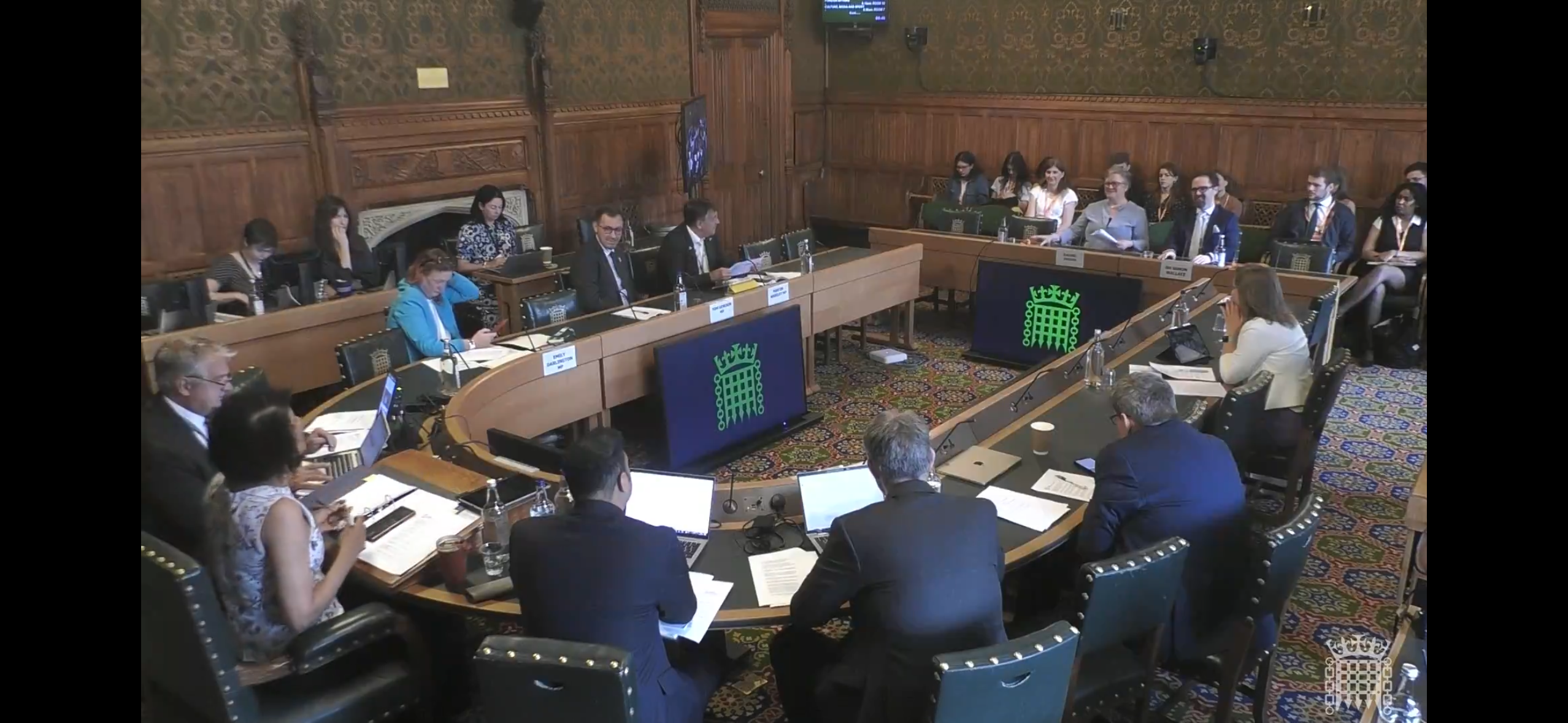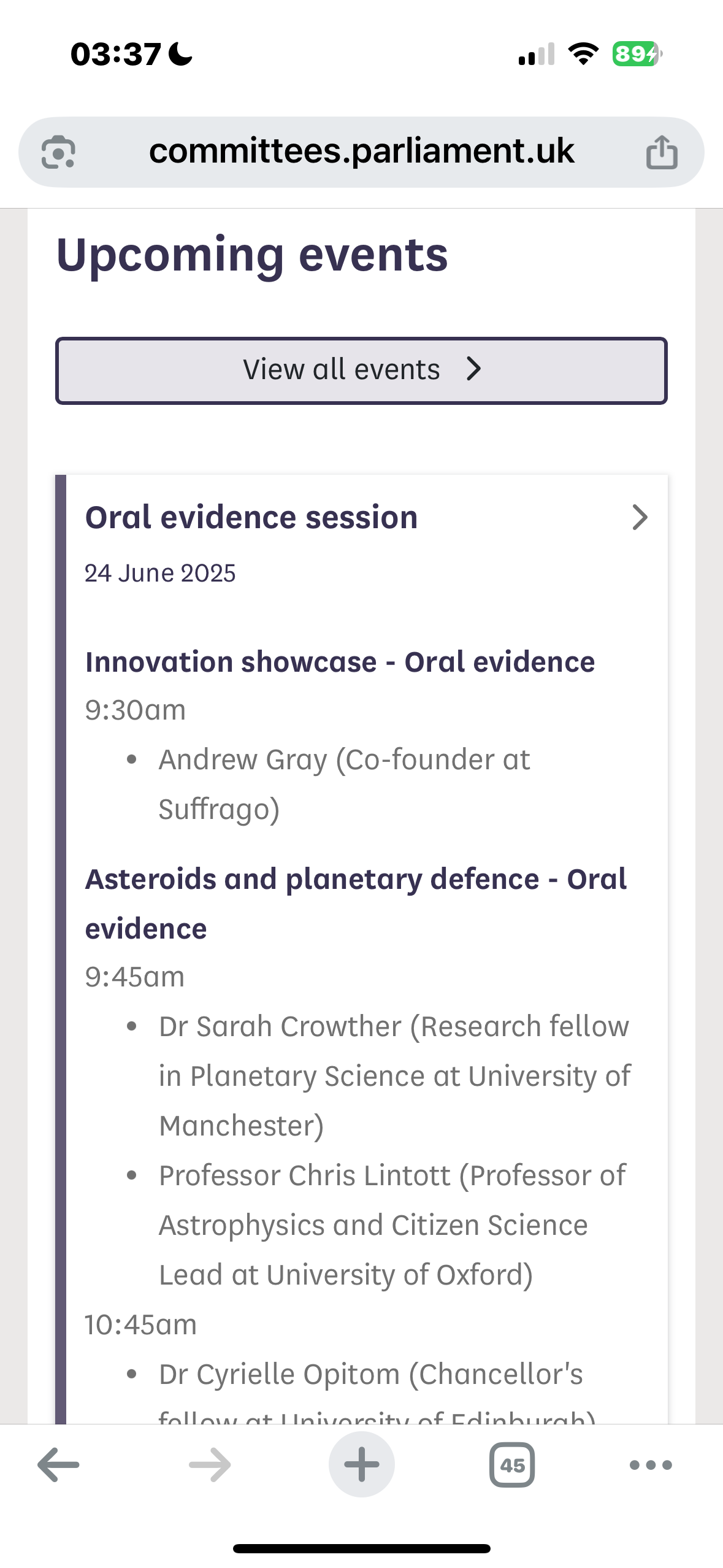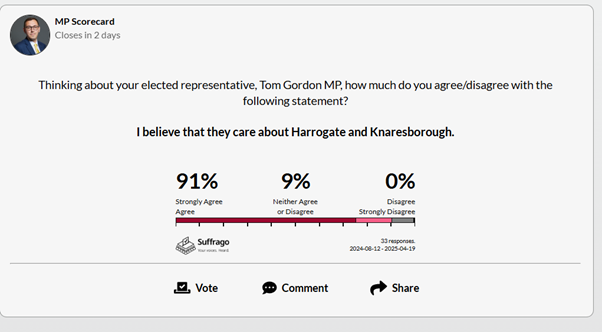North Yorkshire’s sudden slide into winter destroys my mood like nothing else. Turning the heating on today – when just a few days ago it was sunbathing weather – feels criminal, particularly these days, with each carbon molecule playing on my mind.
Back in tropical Tenerife, however, heating and air conditioning is rarely needed. When the weather is kind, as it is all-year in The Canaries, walking always beats driving; and being outside always beats being inside. Yet I never hear environmentalists recommend that people should coalesce in areas where energy consumption is lower. Puzzling.
Over the past months, I’ve delved into the climate quandary. When reading what follows, dear reader, please bear in mind that due my concerns for the environment, I recently acquired a 3-acre woodland (see the photos below), drive a plug-in hybrid, spearheaded the planting of 1,500 trees at my ex-law firm, and my non-profit offers free AI surveys for eco-groups: i.e. I am an environmentalist.

This is what I have learned: it’s cliché, but life would end without CO2; space telescopes seek planets with signs of CO2 for potential life, so central it is to the existence of life; most climate experts concur that post-Industrial Revolution CO2 spikes are human-induced; however, not all believe in a non-recoverable tipping point; historically, Earth had higher atmospheric CO2 than today; commercial greenhouses pump in CO2 for faster plant growth; many clever people don’t know that CO2 comprises only 0.04% of our atmosphere; Earth has greened in recent decades, observable from space; the climate has always fluctuated—with 1970s’ global cooling fears, 1990s’ ozone layer concerns due to CFCs, and vine-laden Roman-era England; rapid decarbonisation could harm developing nations, a fact often sidelined; insect decline due to pesticides poses a definite eco-threat; famine and disaster deaths are on the decline; the biggest polluters lack the moral ground to stymie the growth of once-colonised developing nations; the key to curb population surge will be to uplift developing economies, and these countries will need abundant energy to do so; wind turbines, which I adore, whilst green, demand significant energy to manufacture, offsetting their benefits over many years; essential metals for green energy are concentrated in countries like China; nations like the UK effectively shift their carbon footprint to places like China, giving citizens a skewed eco-consciousness; the sun’s energy isn’t constant, complicating long-term climate predictions; rising temperatures in one region might mean drops elsewhere; the climate is affected by myriad factors, making projections complex and necessitating multiple models; the accuracy of climate modelling is paramount before we commit trillions to economic transformation and reduce the life expectancies of millions of people in developing countries in the short-term; each climate model allows for a range and accepts its imperfections, and these models are overlaid with other models which also allow ranges and errors, exacerbating ranges and error; that arguments against penalising the impoverished of today, wherever they may be, in order to protect future generations, remain unconvincing; that some folk may prefer a warmer, more erratic climate and it’s possible that future inhabitants might too; that claims of unanimous scientific agreement are dubious; that shutting down debate on the central issue of our time gives me, and it should give you, the heebie-jeebies.

That’s what I have learned. Cue, the loss of any blog subscribers? If I have, then I’ll borrow a Frankie Boyle joke: “Please feel free to tweet your outrage using a smartphone made by a 10-year-old child in China.”











